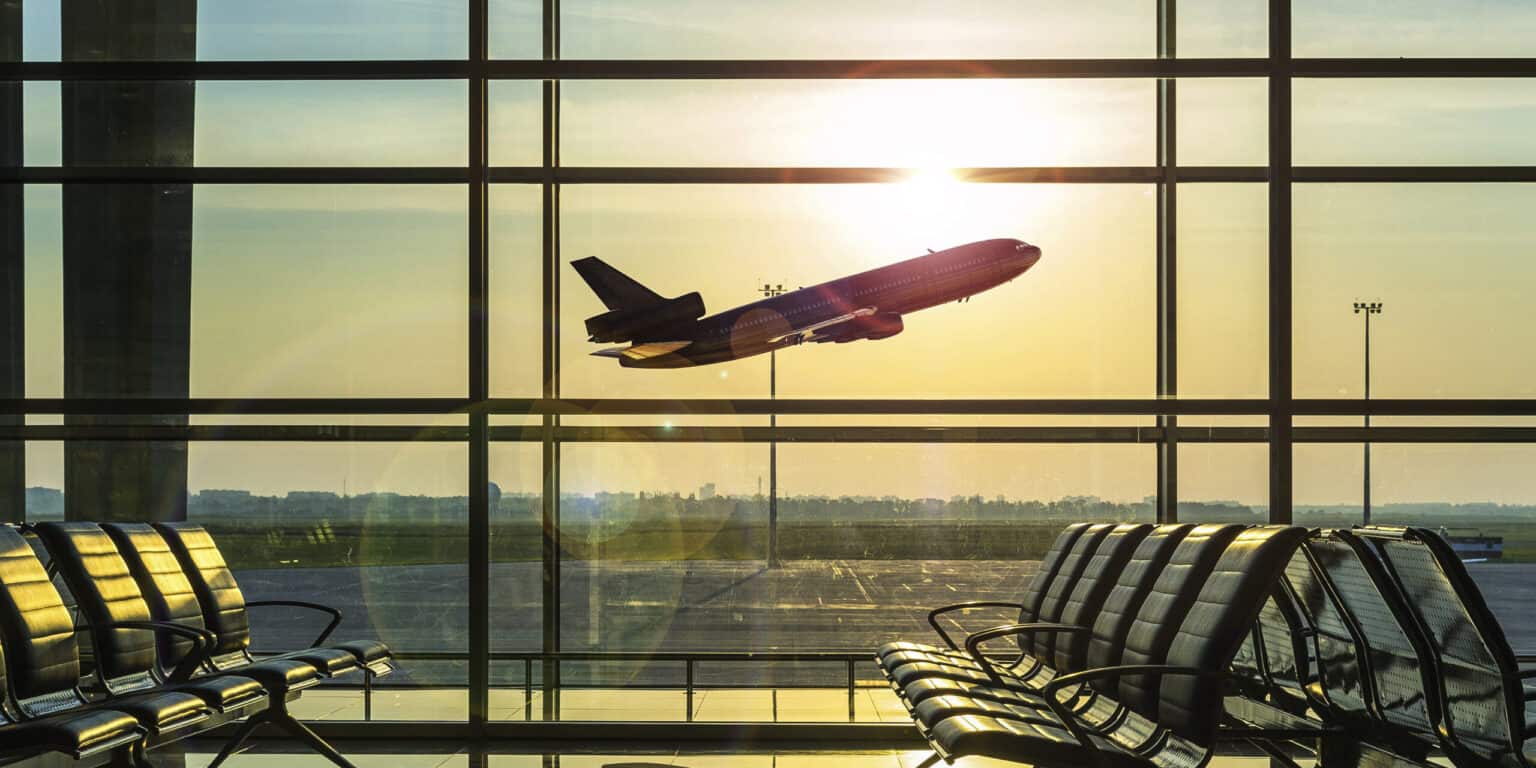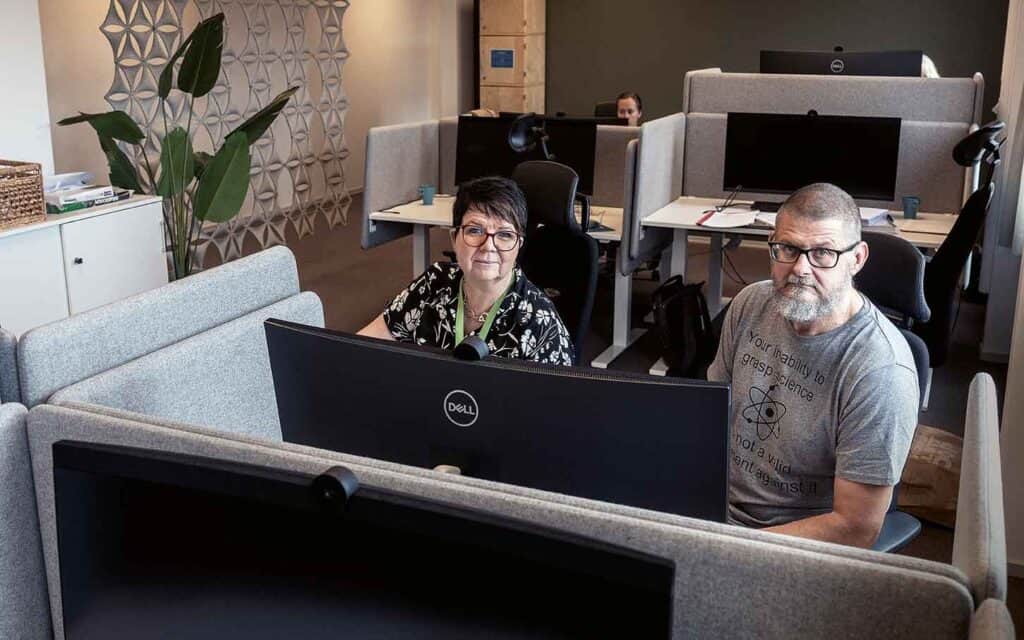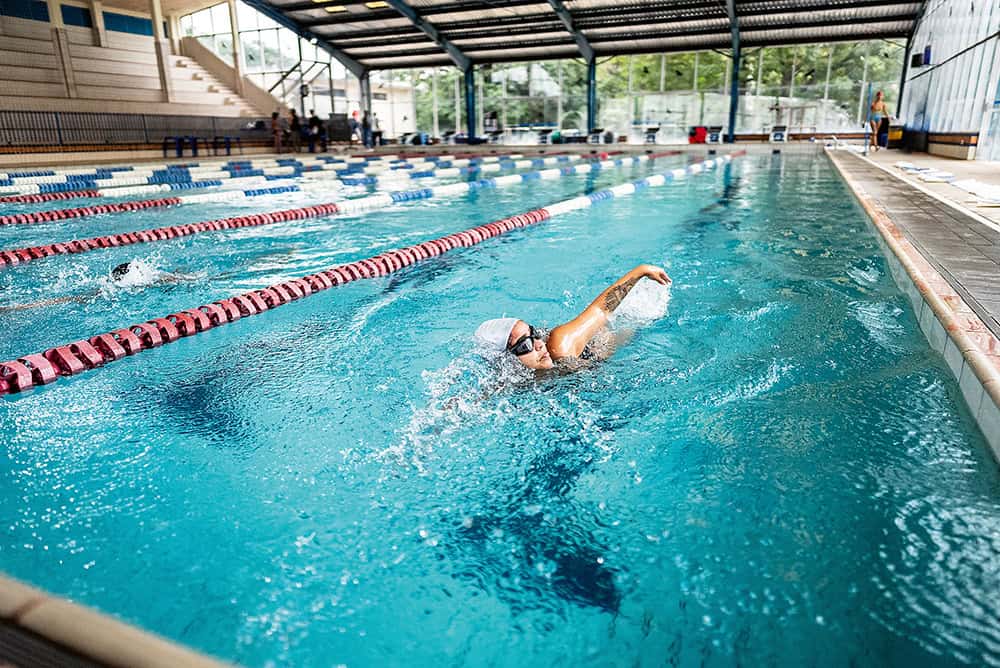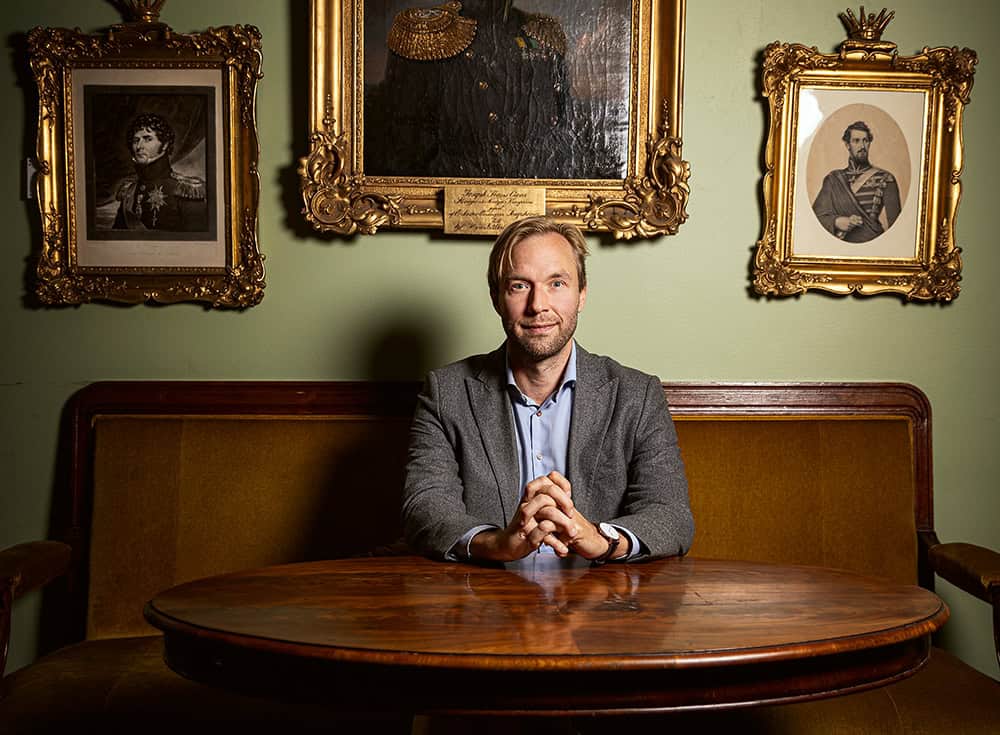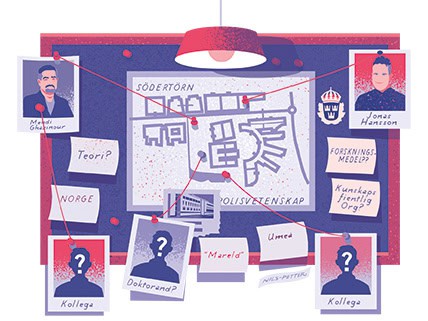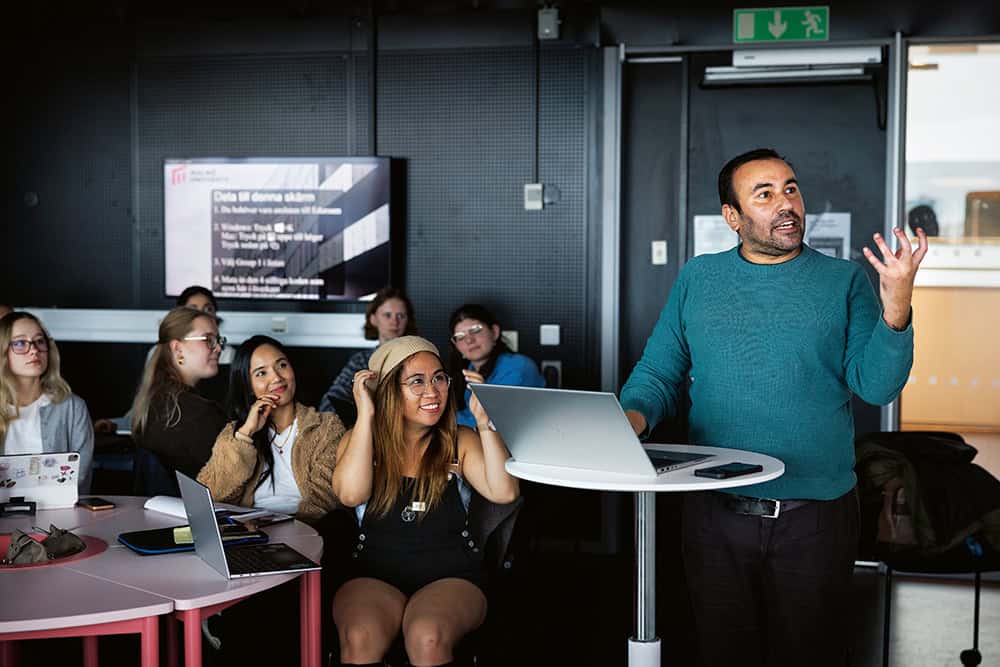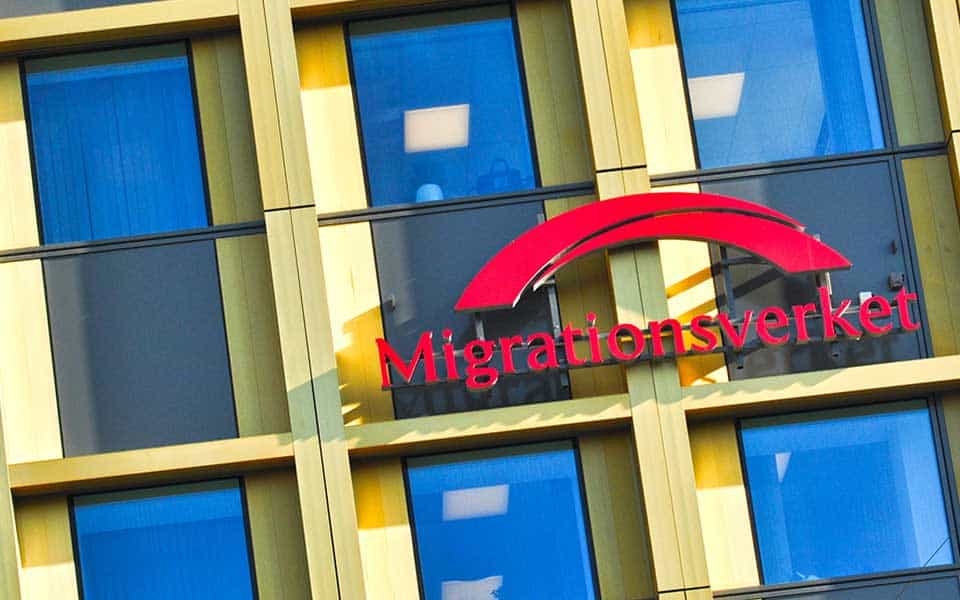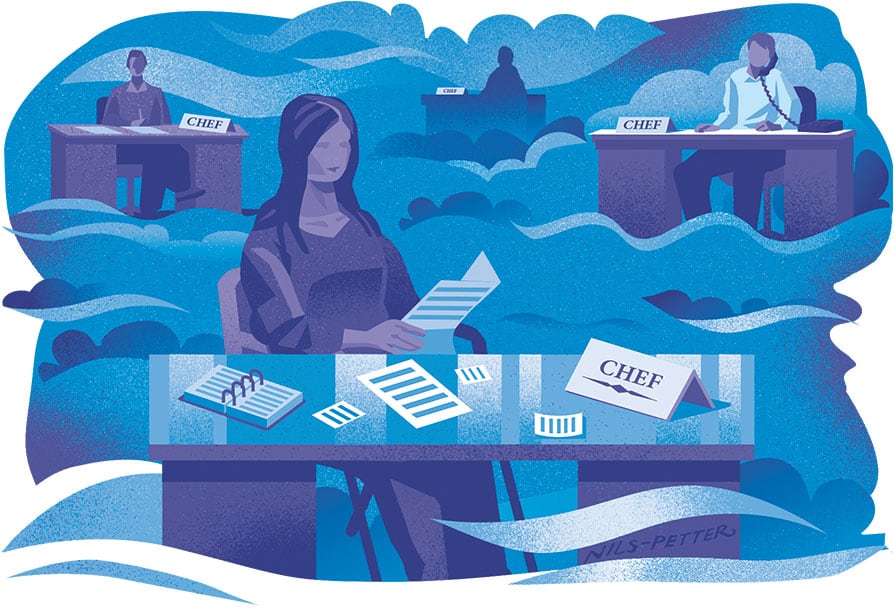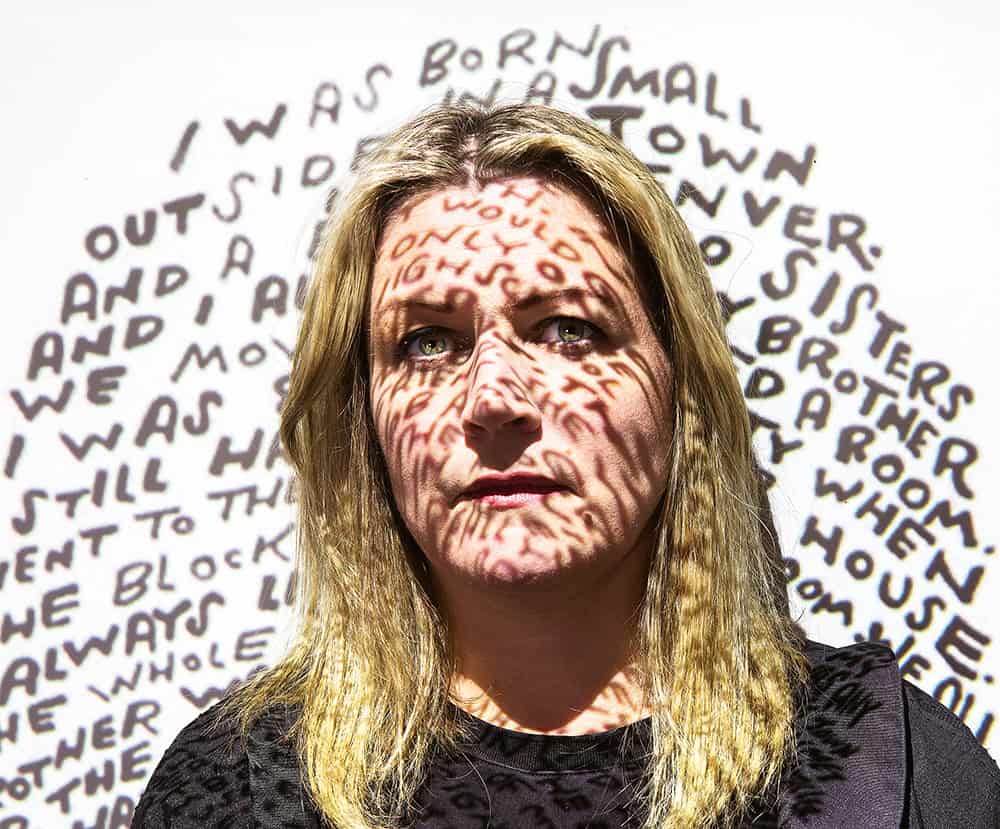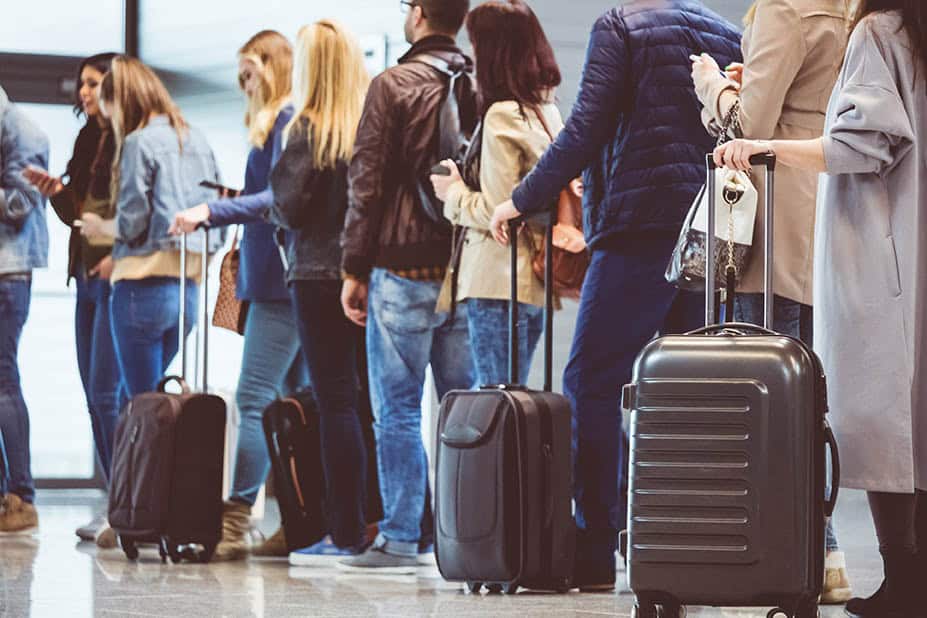Following an amendment to the Aliens Act, a number of foreign researchers with permits to live and work in Sweden have been told that they must travel abroad to be able to apply for a residence permit for their newborn children.
For some, this may only mean needing to travel to Denmark and applying for a residence permit for their newborn child from there. But for a handful of researchers that Universitetsläraren has spoken to, it is more difficult.
Long distance to travel
They describe how they have to travel to their home countries in Asia because a visa is required to enter some countries, for example Denmark or Germany, which is not possible because the newborn child does not yet have a passport.
“With the current covid situation, it can be a very long journey that is very difficult to plan,” says one researcher who wishes to remain anonymous due to their ongoing case.
Erik Kvist, international coordinator at Lund University, has been involved in several similar cases. And colleagues at other higher education institutions have told him of others.
“This is about families who have to up sticks, leave Sweden and their work in order to spend time abroad during the application process. It’s also problematic for their employers and can cause chaos in their planning.”
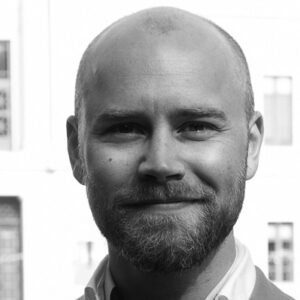
He points out that the parents of these children are living in Sweden with valid permits. “Morally, any deportation of infants would also be completely reprehensible and it would cause great personal suffering. I question how this could be permitted under the Convention on the Rights of the Child and the right to private and family life enshrined in the European Convention on Human Rights,” says Kvist.
Applications must be made before arrival
Chapter 5 of the Aliens Act regulates how a residence permit can be applied for and granted. Supplementary Chapter 5b states specifically that family members of groups such as researchers must apply for a residence permit before coming into Sweden.
“But a requirement to submit an application before a newborn baby enters Sweden is totally unreasonable when the baby was born in Sweden. In such a case, it’s clear that the child has never entered the country,” Kvist adds.
He says that children of researchers thus seem to be one of the few groups of infants who cannot be granted a residence permit from within Sweden, despite their parents having valid residence permits. “I honestly think that they were in too much of a hurry when they incorporated this chapter in 2020, and I don’t think they envisioned that this situation could arise.”
Raised the issue
Robert Andersson, SULF’s chief negotiator, agrees. He has also been alerted about cases of researchers at different universities being told to travel abroad with their newborn child to apply for a residence permit for the child.
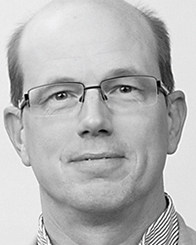
In a recent meeting with the Swedish Migration Agency, SULF raised the issue as one of several matters it believes the authority should review.
“I find it hard to imagine that politicians think that children of researchers should be deported,” says Andersson, “so this must be an oversight. Either the Swedish Migration Agency, if they think they have the authority, could stipulate an exception because these children have not entered the country, or something in the legislation needs to be adjusted, in which case the government will need to review it.”
No room for exceptions
According to the Swedish Migration Agency’s press office, the agency cannot comment on individual cases without a power of attorney, and the researchers that Universitetsläraren has spoken to wish to remain anonymous while their cases are ongoing.
In a reply by email, the agency’s press officer, Annica Dahlqvist, explains that the general rule for researchers covered by the category contained in Chapter 5b of the Aliens Act is that an application for a residence permit may not be granted after entry into Sweden.
”In black and white terms, this means that the Swedish Migration Agency has no choice but to reject such applications and that there is no room for exceptions,” she writes.
Complicated journey home
One of the researchers that Universitetsläraren has spoken to has a five-month-old baby. The researcher explains that they have been told to travel to their home country in Asia to apply for a residence permit for the child.
Later this year, their employment contract with the university will expire. At that time, they would prefer to stay with their family in Sweden and continue their research.
“We have no plans to travel to our home country before that because it’s very difficult to get there and back quickly, given the corona regulations,” says the researcher. “I could take a few days off work, but the problem is that right now you can’t know how long the journey will actually take in the end.”
Universitetsläraren has contacted the Ministry of Justice for comment. The Ministry announces via email that it knows and looks at the issue.
